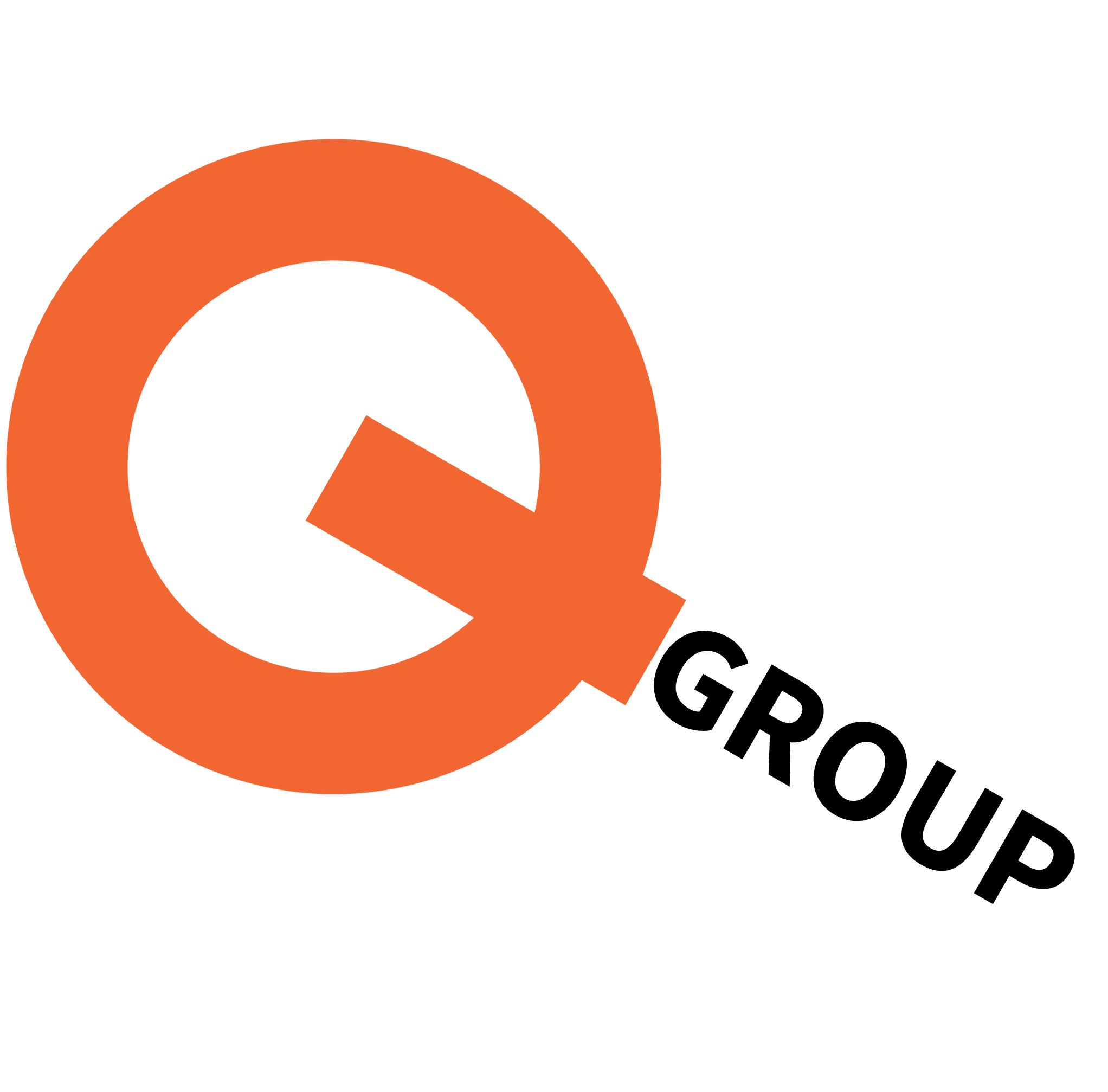As business directors, we are instruments of change. Over the years, we’ve witnessed paradigm shifts in the way we conduct business and communicate with customers. Yet, when I speak to clients regarding social media, there seems to be such mystery surrounding it. Curiously, most of them already have the innate tools, experience and business savvy that can make them highly effective users of this medium.
Why? Because social media is akin to attending a network meeting, whether it’s a local trade network, a regional business lead generation network or a special-interest association. They all encompass what social media represents.
We’ve readily adapted to a slew of technology that has connected people. Think back to the PC, the fax machine, email, cell phones, texting, and the Internet. All of these technologies have converged on us, enlisting us as their proponents and their drivers. These techno-tools have made us more communicative, more productive and more efficient. And they represent a level of professionalism to both customers and colleagues.
So, exactly what does your experience have to do with social media? Simply put, social media leverages your innate ability to keep making connections. Let’s review some of the major players in the world of social media:
This is perhaps the epitome of social media because it enables people to socialize with others, be they friends, family, or just-met acquaintances. It became so ubiquitous so quickly that the business world felt compelled to get involved. Facebook developed corporate pages whereby companies submit a corporate viewing page that must be associated with a person, an administrator, who also has a personal account on Facebook. It’s important to realize that the personal account and the professional page will never be connected. My company has a Facebook page, and I have a personal Facebook page. If someone requests friendship from me on my personal page, I can let them in that world. But on the corporate page, they can just indicate they “like” my company.
This is a professional business directory. Though global, you can use it to identify and target localized opportunities. Maybe it reveals 50,000 potential clients, but because of your unique selling proposition only 500 are your ideal prospects. LinkedIn gives you the ability to get in contact with those unique people in the industry that’s in your sector. Let’s revisit the association analogy I made earlier. Usually, in every association there’s a vendor, there’s a supplier, and maybe there’s an associated member. With LinkedIn you can get in contact with those people that are in your community and the other communities that you’d like to be in touch with. Folks can check your bio, your background, and your professional credentials. I highly recommend including a photograph of yourself to bring a little more personality to your listing.
In essence, Twitter is a brief 140 character electronic press release, providing a cost-effective way to get quick notices out to clients. Folks who read your “tweet” are known as “followers.” My recommendation is for you to follow all the people that you admire, all companies that are your prospects, certainly all your clients, and then, from there, hopefully people will follow you back. Aspire to be Ashton Kutcher, who at last look had over 7 million followers. With one tweet, he can sell a product off the shelf in an hour. Seriously, Twitter bypasses the need to get a notification out via an internal database, or an email that might not be checked promptly, or via snail mail that winds up on the bottom of an in-box.
YouTube
This is your video message to the world. Today, with a digital camera of decent quality, you could upload a video that introduces you and your company “up close and personal” and thanks folks for viewing your channel. Moreover, you can get the word out about your website, and ask viewers to “like” you on Facebook, and “follow you” on Twitter.
The important thing to remember is that social media is a vital part of communication today, and your networking experience—whether it’s within associations, whether it’s referring people to one another, whether it’s finding the trends in your industry that are slightly ahead of the curve—these innate communication abilities give you a distinct advantage in the brave new world that’s social media. Your sustained business experience, your ability to conduct yourself, to both share and seek knowledge, to help others in your industry, to find those really unique things that give you an advantage and your clients an advantage, those are your instinctive skills that can’t be replicated by someone who has great computer skills and 17 different social media accounts. Yes, in time they can develop these skills, but right now, these novices are electronic savvy, not business savvy.
So start embracing the social world to ensure you’re covering all your bases when communicating with clients, prospects, and suppliers. And don’t let social media intimidate you. You’ll discover there are plenty of people out there that want to lend support (don’t forget I’m one of them). And, if you’ve been looking for a way to make yourself feel a little younger, it certainly helps.
That’s Q from the street.
Anthony Quaranta is the president of Q Group, Hauppauge, N.Y.
